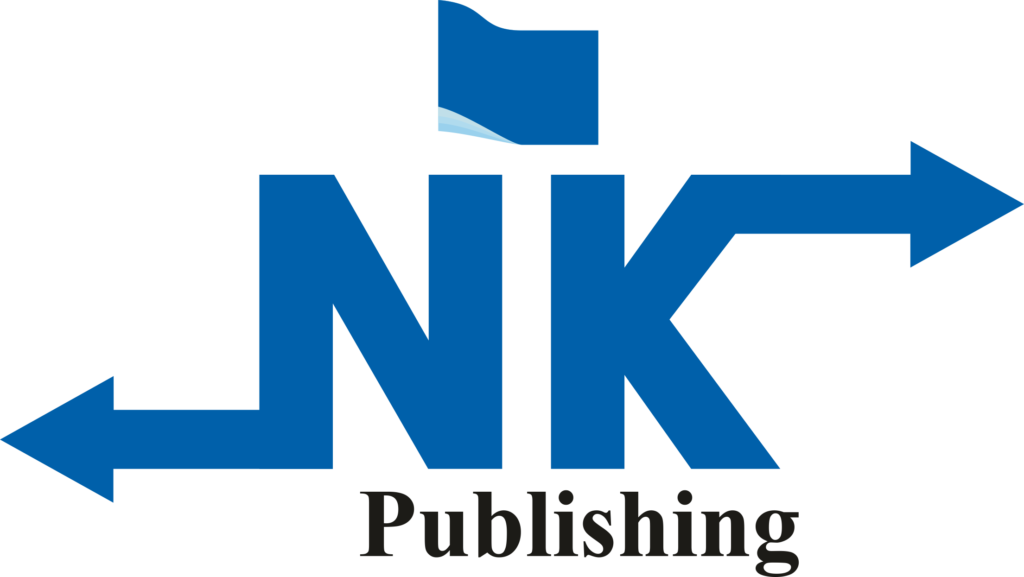PAPER ID:IJIM/Vol. 7(IX)/January 2023/1-5/1
AUTHOR: Dr. Ajay Kumar Swain and Dr. Premananda Biswal
TITLE: EFFECTS OF ACTIVITY BASED APPROACH ON THE LEARNING ACHIEVEMENT OF THE LEARNERS IN POLITICAL SCIENCE
ABSTRACT: Study of Political Science is important to understand the system of government, Political activities and behavior etc. Various teaching strategies should be changed as per interest of the children. Activity Based Approach is the development of traditional method of teaching Political Science. Activity Based Approach develops the interest of the learners and it can generate basic ideas, techniques of using TLM and get the scope to learn among peers. It is basically a student centered approach. The investigator as a senior Teacher Educator got a chance to visit the secondary schools having the classes from I to X during practice teaching of pupil teachers and teachers training programs. After the classroom observation, the investigator decided to take up a study entitled as “Effects of Activity Based Approach on the Learning Achievements of the learners in Political Science”. This study was carried out with three specific objectives like to identify the learning difficulties of the learners of class-IX in political science, to design varieties of activities to help in overcoming the learning difficulties of the learners and to identify the effects of Activity Based Approach. Survey method was adopted to conduct this study. 40 students were selected randomly to conduct this study. Data was collected using the tool like achievement test through pre-test and post-test procedure. The intervention period was one month. The post-test result was better than Pre-test. It proved that Activity Based Approach was better than traditional one. Techniques helped to the learners for better achievement in political science. The teachers of Political Science of different institutions may use the techniques for learners’ progress.
KEYWORDS: Effect, Activity, Achievement, Political Science, Investigator, Pre-test, Post-test.
Click here to download fulltext

 Impact Factor : 6.225
Impact Factor : 6.225